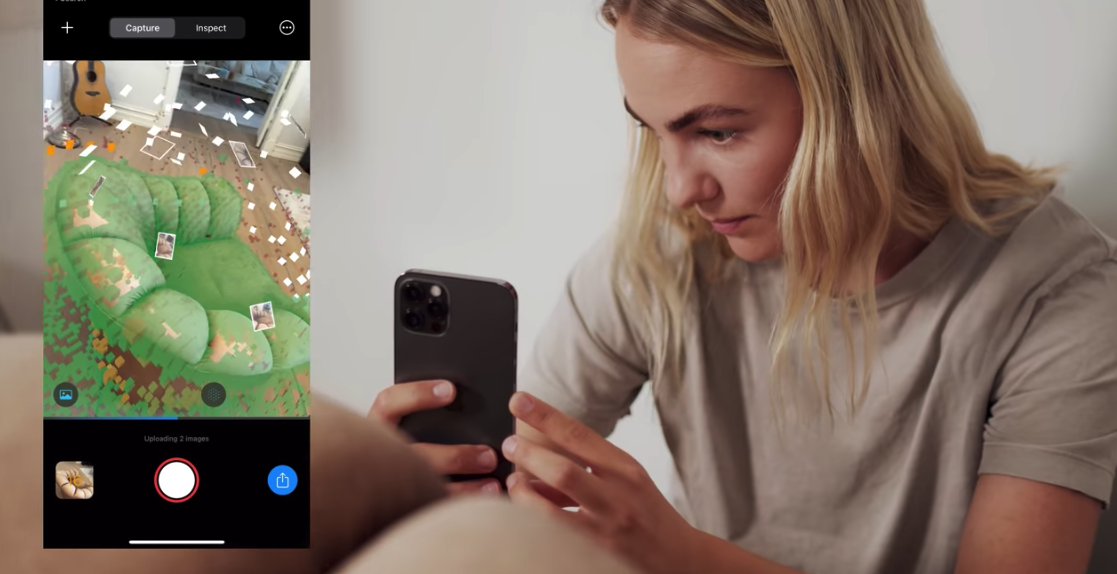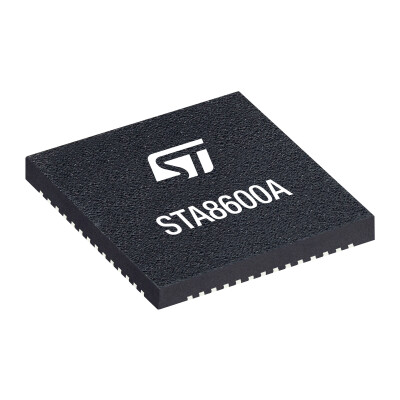Back in March of 2021, Epic Games continued to push forward the leading positioning of their Unreal Engine as a 3D development space by acquiring photogrammetry software developer Capturing Reality. That ultimately led to the announcement of a new app stemming from the partnership, RealityScan, which was opened up for a limited beta beginning this spring. Now, after collecting feedback and making improvements during that beta period, Epic Games and Capturing Reality announced this month that the RealityScan app is now available for free download on iOS products.
The RealityScan app is a step forward for easily creating 3D models of real-life objects to be used in a variety of different applications without the complex process of recreating the objects completely from scratch. With the app, users “scan” the real-life object they are trying to recreate, which is done by taking a series of photos capturing the entire object from all angles. The app, created by Capturing Reality in partnership with Quixel, is designed to be simple to use, providing assistance throughout the capturing process and taking care of the processing side of the equation, requiring no photogrammetry expertise to create usable models.
In order to provide that assistance, RealityScan leans on augmented reality (AR) tools to ensure that users are getting the right photos necessary to complete their model. A user starts by taking a series of pictures around the object to set up a base model, which is then converted in the app to a point cloud that can be viewed via AR. That point cloud is also color-coded to act as a heat map, indicating areas that have been captured enough and areas that need more attention - Green areas are good to go, yellow are fine but could be better, and red indicates areas which need to be re-captured from more angles. Users can then view the point cloud as a mesh to ensure the final product will be shaped as intended – and the app also includes a cropping tool to take out anything around the real-life object that users don’t want included in the model – with the ability to easily switch between the mesh and a colorized version of the model.
After the model is completed to the user’s expectations, RealityScan takes over for the processing procedure to download the final model. From there, it can be exported to Sketchfab, an online platform for publishing and sharing 3D models. Epic Games has also stated that once a user exports their first model to Sketchfab, they will get one free year of Sketchfab Pro.
This kind of 3D model creation can be extremely valuable for a lot of different use cases. Some of that revolves around gaming, with the Unreal Engine being a leading platform for game development. It’s not limited to that use case, though. One of the growing use cases for these kinds of tools is building out models for augmented and virtual reality, some of which can again be used for gaming but is also seeing increased utilization in enterprise settings. We’ve also seen Unreal Engine incorporated into apps from both Esri and Autodesk, highlighting the way these tools can be used in the planning and design phases of projects as small as a single building and as large as a city. In trying to create a realistic picture of a space, design professionals can now easily incorporate models of objects like trees or benches outside of a building based on the exact object that is in that space.
This new app only continues the trend of these 3D modeling tools, whether they be via photogrammetry like RealityScan or even with lidar scanners implemented on newer Apple products, becoming much more accessible for both professional and non-professional users. As these 3D spaces become more commonplace with more industries and businesses utilizing things like augmented and virtual reality for a variety of purposes, it becomes more important to easily create accurate models. RealityScan is a step in that direction, and they expect more improvements and feature additions to be made in the future, including the introduction of an Android version of the app at some point in 2023.






